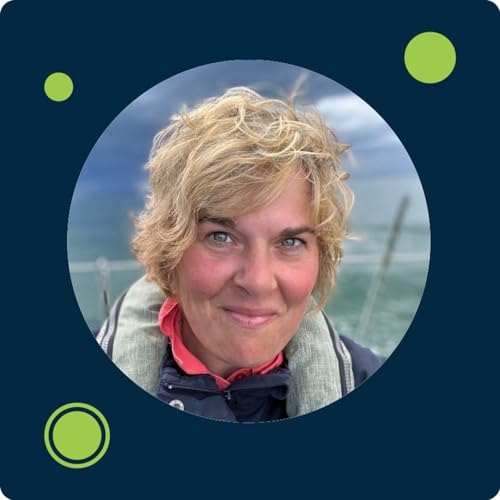In this special episode, we analyse the implications of the IMO Net-Zero Framework postponement with representatives of the shipping industry, Pacific Island States and environmental NGOs who attended the extraordinary MEPC meeting.
John Taukave, researcher at the Micronesian Center for Sustainable Transport, describes the outcome of the extraordinary MEPC session, where a majority of IMO member states voted to adjourn the meeting for a year, as ‘very heartbreaking’ and ‘a huge disappointment’ that will bring an additional year of climate impacts for Pacific Island communities.
A technical support and advisor for the Vanuatu delegation during the meeting, he describes the pressure, including at the highest level of government, that many countries came under from the United States, which opposed what it described as a carbon tax and threatened possible retaliation against states that would support it.
John also looks ahead to the next steps, vowing that Pacific Island States will continue their outreach work and the development of proposals to build support for the adoption of a first global GHG pricing mechanism for international shipping.
Simon Bennett, Deputy Secretary General of the International Chamber of Shipping, also expresses his disappointment at the outcome of the MEPC session, which he says fails to provide shipowners with the certainty they need to make major investment decisions.
Asked to analyse why the IMO Net-Zero Framework went from having the support of a majority of countries in April to a majority voting to postpone it six months later, he emphasises the importance of avoiding ‘blame games’. Although ICS had supported the proposed regulation to ensure a level playing field for the global industry, Simon acknowledges that the agreement’s complexity had caused concern. He argues that ‘a way has to be found’ to account for the reservations expressed by many countries.
Simon also reflects on what the outcome of MEPC means for IMO’s role as shipping’s global regulator. He warns that, if member states opt for an ‘explicit’ acceptance procedure, as was suggested by the United States, it risks creating a precedent that would make future regulatory updates more difficult.
Blánaid Sheeran, Policy Officer for Climate Diplomacy at Opportunity Green, insists that the IMO Net-Zero Framework is not dead, but delayed. She highlights that there is now an opportunity for regional and national players, as well as corporations, to take leadership on maritime decarbonisation.
While acknowledging that current geopolitics may make it harder to reach global climate agreements in the short term, she points out that politics is ‘ever changing’, whilst ‘climate change is not politics; it is science, and it is facts.’
Asked about the development of implementation guidelines, which began immediately after MEPC, she reports that those discussions have so far been constructive, with member states showing a ‘collaborative spirit.’ She expresses her optimism that a consensus could be found in the next year, before delegates have to adjudicate again on the proposed GHG pricing mechanism for international shipping.
続きを読む
一部表示
 26 分
26 分 34 分
34 分 22 分
22 分 25 分
25 分 29 分
29 分 27 分
27 分 22 分
22 分 26 分
26 分
